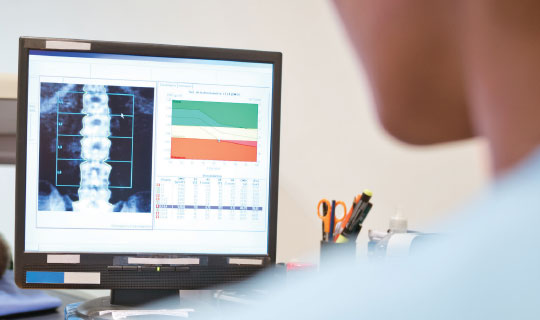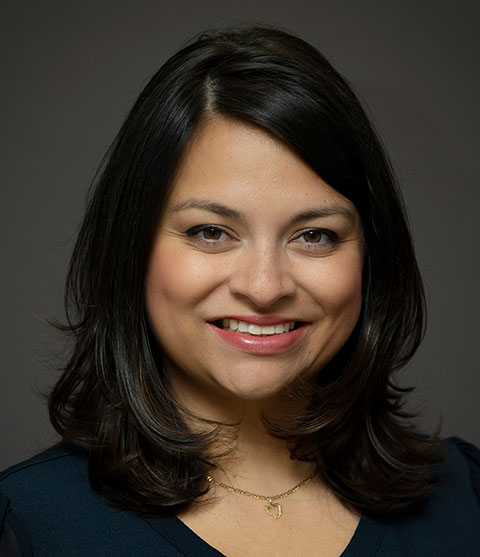
How to get them, how to keep them.

If there’s any part of our bodies that most of us take for granted, it’s our bones. Unless we have an injury, we don’t think about them much. But like our muscles and organs, our bones need care to stay healthy. Maintaining healthy bone mass is one way to do that. Nicole M. Montero Lopez, MD, an orthopedist at Clara Maass Medical Center (CMMC) who specializes in hand and upper extremity surgery, offers some tips on how to keep your bones healthy and prevent injury.
What is bone density?
Bone density is a description of how much mineral there is per unit of bone. The higher the amount of mineralization, the more dense the bone is. There are optimal levels of mineralization where the bone will be at its strongest and at its lowest risk for fracture. Above and below this level of density is problematic for patients.
Is bone density genetically predetermined, and is there anything that can increase it?
While there is a genetic component that contributes to bone density, there are factors that can affect it on an individual level. Moderate weight-bearing exercise can help increase bone density in patients who’ve lost some mineralization from illness, age-related changes or disuse.
How is bone density tested?
Bone density is measured with a DEXA (dual-energy X-ray absorptiometry) scan, a noninvasive scan that uses X-rays to measure the bone density at different areas of the body, including the lower spine and the hip.
Who should have bone density testing and how often?
The National Osteoporosis Foundation (NOF) recommends a DEXA scan of the hip and spine in women age 65 and older and men age 70 and older. Younger postmenopausal women or women in menopausal transition as well as men age 50 to 69 with increased risk factors should also schedule a bone density scan.
Why are women more susceptible to osteoporosis?
Hormonal changes during menopause can directly affect bone density, and, because this change is specific to women, there is a slightly higher probability of seeing osteoporosis, a disease that weakens bones and causes them to become brittle, in women. Women and those undergoing menopause are often affected the most.
Is osteoporosis preventable, treatable or reversible?
While it’s not entirely preventable, it can be treated in a number of ways, including by eating a well-balanced diet, maintaining a healthy weight and doing light weight-bearing exercise, which can be as simple as standing up from a chair and sitting back down in a controlled manner. This is enough to provide some benefit to the bones in terms of increasing bone density. There are also medications, from simple vitamins and supplements to medications infused in a doctor’s office, that can help prevent, treat and potentially reverse some levels of osteoporosis.
Does cold weather affect bones?
No, but people should take extra precautions in snowy or icy conditions to avoid falling. Obviously, slippery surfaces make us more prone to slips and falls, so wear footwear with slip-resistant soles.
To learn more about orthopedic services at Clara Maass Medical Center, call 973-450-2000. For additional information about bone density testing, visit Bone Density Test.